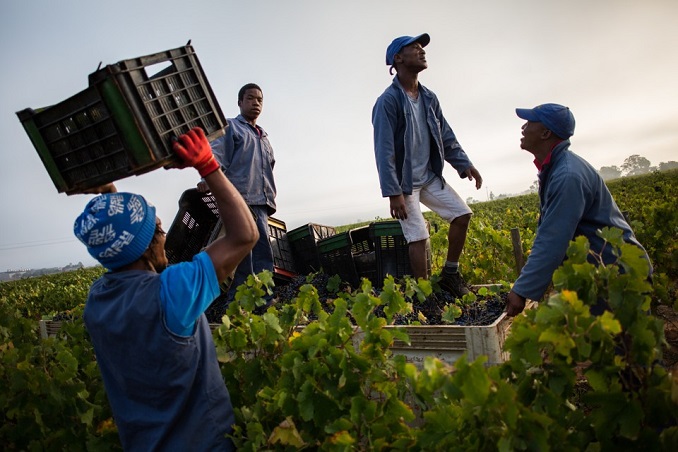![]() South Africa – Government in South Africa is now planning to turn to alternative legislation to redistribute land. This has been confirmed by the South African Minister of Justice and Correctional Services Ronald Lamola who said that he is working to provide “equitable access to land” to correct unsustainable, “unequal and skewered patterns of land ownership.”
South Africa – Government in South Africa is now planning to turn to alternative legislation to redistribute land. This has been confirmed by the South African Minister of Justice and Correctional Services Ronald Lamola who said that he is working to provide “equitable access to land” to correct unsustainable, “unequal and skewered patterns of land ownership.”
The development comes when last week, his attempt to redress past injustices flopped when lawmakers rejected a bill to change the constitution. The attempt is to get the South Africa’s government to correct the way land was being expropriated without compensation.
The proposed law did not get the right reactions by lawmakers so much so that it could not garner the required two-thirds majority in the 400-seat parliament, with 204 lawmakers voting in favour and 145 against.
Related Posts
But putting the positive foot forward, representing the government, Mr. Lamola was not perturbed saying it would turn to alternative legislation to redistribute land. He further said, “We work together for the people of this country to have equitable access to the land.
Because the unequal and the skewered patterns of land ownership are not sustainable. We need to put the redistribution bill, we need to put the expropriation bill, so the constitution does allow for the policies I am talking about. The constitution, because of the nature of our country where there is skewed ownership of the land, where the majority is the white population owning majority of the land and the majority of the population which is black, not owning, owning the minority of the land.
It’s a misnomer that must be resolved, this must be done in a constitutional way.” When the African National Congress (ANC) came to power in 1994, the government pledged to redistribute 30 percent of South Africa’s 60,000 commercial farms to black ownership. However, it is surprising to see how the whites who comprise eight percent of the population “possess 72 percent of (the) farms,” according to figures cited by President Cyril Ramaphosa. Even today, only around 10 percent are owned by blacks, who make up four-fifths of the population.

